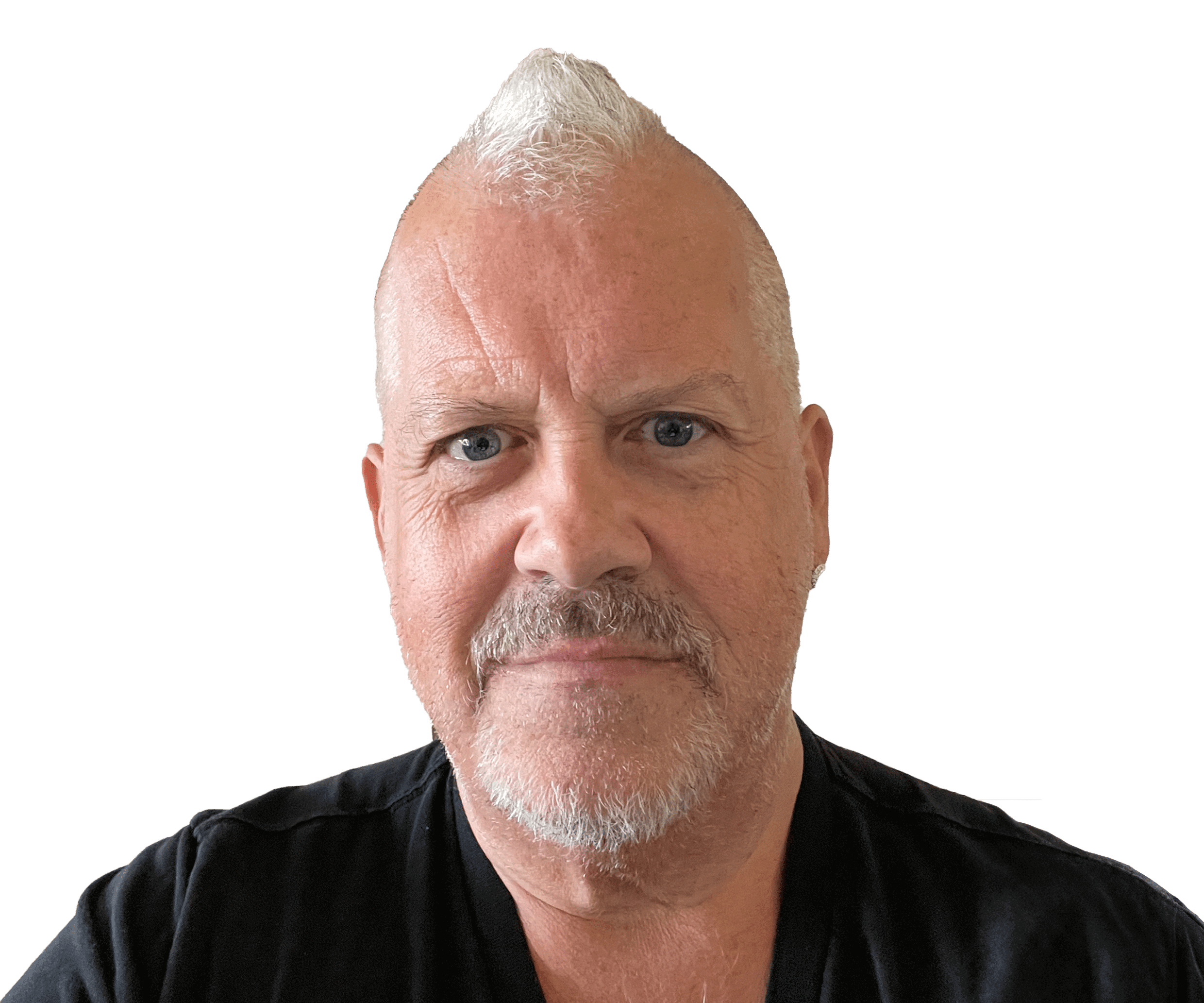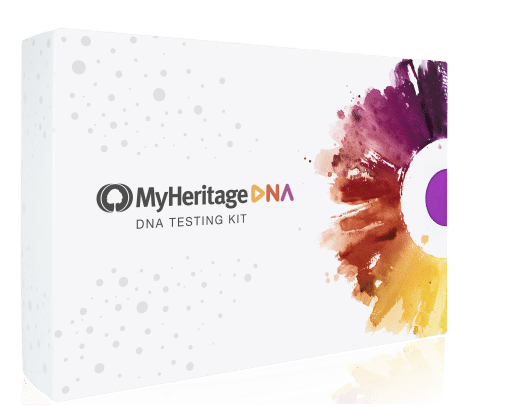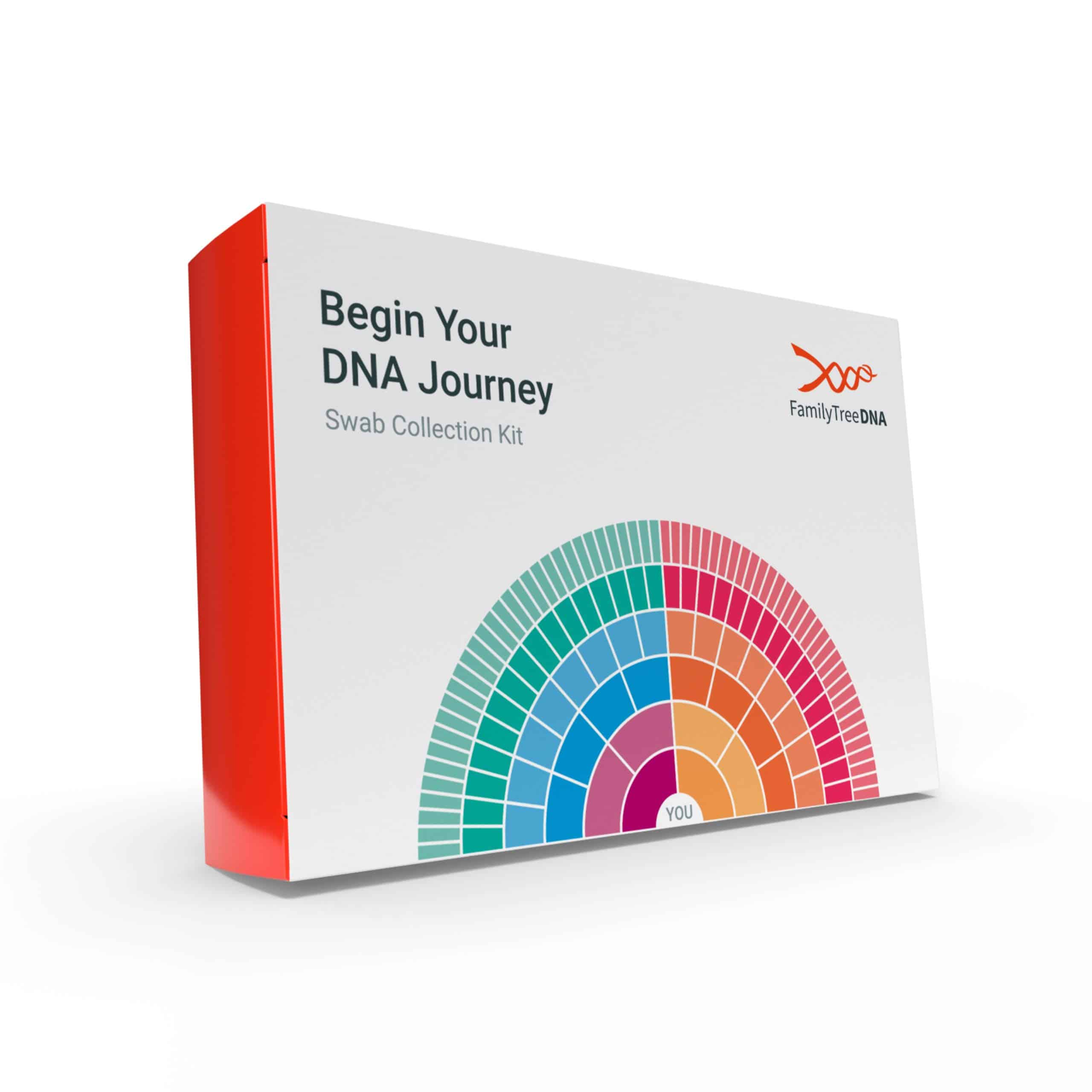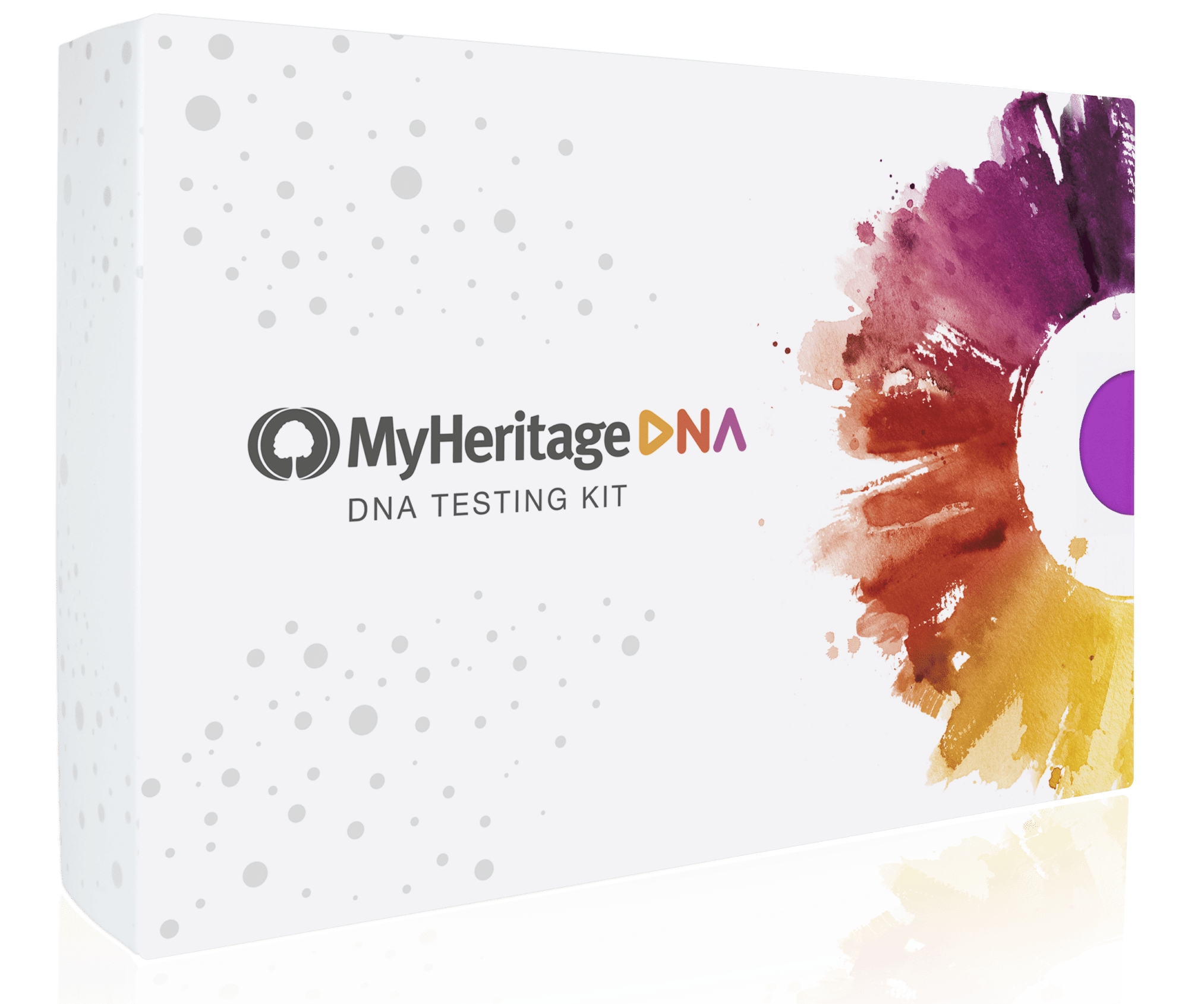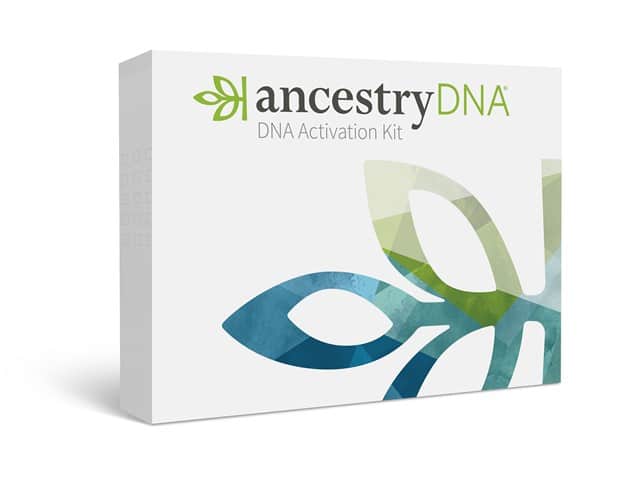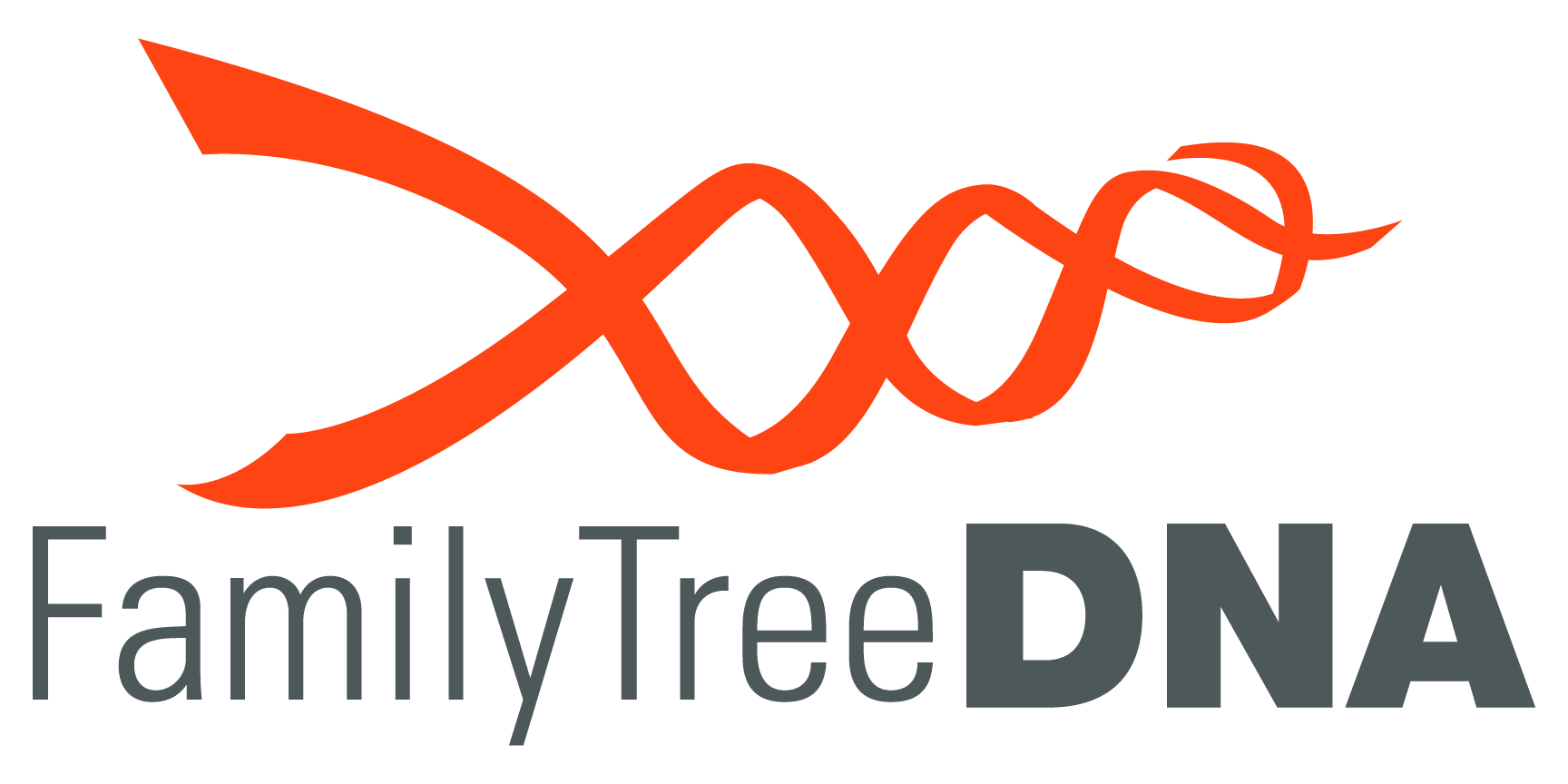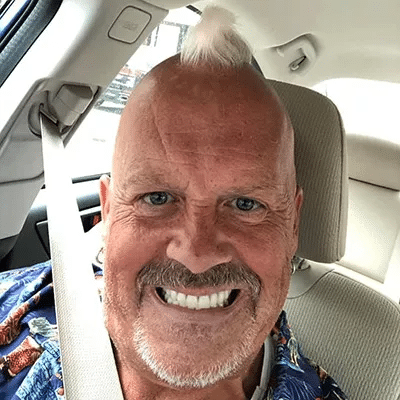Hello! I’m genealogy expert Thomas MacEntee, and like many others I used DNA tests to help me better understand my family history.
I took my first DNA heritage test back in 2008 when AncestryDNA was still in “beta” testing and I’ve written numerous articles and
e-books on how to get the most out of personal DNA testing for genealogy research. Many of my followers look to me for recommendations on a variety of products and services, including ancestry DNA test kits. You’ll always get the latest, up-to-date information from me in easy-to-understand terminology and an action plan for you to get started on your own DNA testing journey.
Navigating the myriad of DNA test kits so that you select the best one for your research can be daunting. There are so many factors to consider and most DNA test kits and tools look alike. I’m here to help you pick the BEST DNA TEST for your goals and needs and get it at the BEST PRICE.
Below, I’ll be comparing 3 of the best DNA testing kit companies and exploring their advantages and disadvantages: MyHeritage, Ancestry, and FamilyTreeDNA. But first things first:
What is ancestry DNA testing and how does it work?
Ancestry DNA testing basically takes a bit of your DNA from the cells of your body (usually from a saliva sample or cheek swab), analyzes its unique sequences, and compares those sequences to those of other people to learn about your genetic makeup.
DNA tests give you two things:
- A rough estimate of your ethnic makeup: insight into where your ancestors came from
- A list of people in the same database whose DNA matches yours and are therefore likely your relatives
Taking a DNA test usually works like this:
You order a DNA test kit from the DNA company or purchase it from a retailer, use the kit to collect a DNA sample, and send the sample to the lab using the instructions provided. The lab analyzes your sample and when your results are ready, the testing company emails you a link to view your results online.

